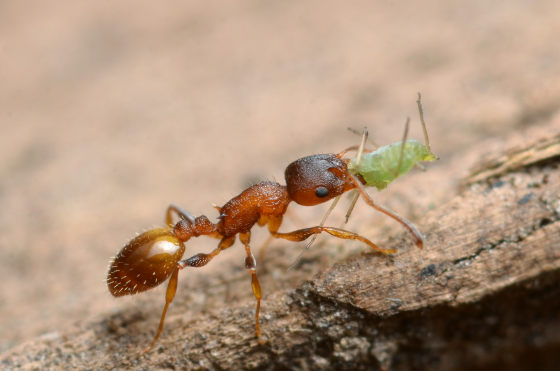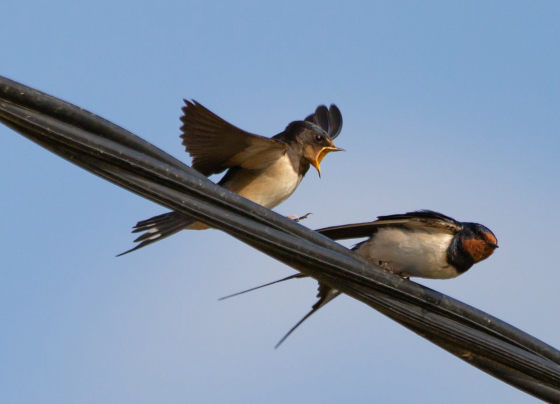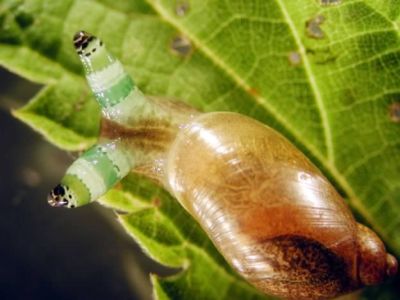What is the strange parasite that 'parasites that extend the life of the host' exist?

The Tapeworm That Helps Ants Live Absurdly Long Lives --The Atlantic
https://www.theatlantic.com/science/archive/2021/05/ant-tapeworm/618919/
Like many ants, Temnothorax ends its life in the form of 'working ants live in a queen-controlled community.' Worker ants first take care of the queen ant's eggs in their childhood, and then each have a role to engage in the task of 'searching for food and bringing it back to the nest.'
However, when the larvae of the tapeworm eat the dung containing the eggs of the tapeworm as food, the parasite tapeworm will dwell in the belly of the tapeworm, and its life shape will change. Tapeworms give an extremely long life instead of depriving Munebosoari of nutrients.
A research team led by entomologist Susanne Foitzik has been observing colonies of Temnothorax in the laboratory for three years. At the end of the three-year observation, hundreds of 'non-parasitic Muneboso ants' were almost dead, but more than half of the tapeworm-parasitized Muneboso ants were alive. This survival rate was almost the same as that of the queen ant known as longevity. In addition, the parasitized Muneboso ant was so young that it could not be distinguished from the youngest 'larva-raising Muneboso ant' in the colony.
What's more, the parasitized Munebosoari not only had a long life, but were 'spoiled,' the research team said. The parasitized Temnothorax was not assigned a job like a worker ant, spent in the nest, was fed, was carried by other ants, and was sometimes given more attention than the queen ant. And in particular, he did not give the reward to society.

At the beginning of the observation, the parasitized Muneboso ant did not have any particular problems in life and did not seem to have an adverse effect on the entire colony. This was unthinkable from the standard 'parasitic' form.
However, when researchers investigated in more detail, the non-parasitic Muneboso ants in the infested colonies worked harder, moved away from the queen's care, and died earlier than the non-parasitic colony Muneboso ants due to the increased burden. I found out that I would do it. Ultimately, the cost of infestation appeared in the 'division of labor,' according to researchers, and the infested colonies showed signs of stress throughout the colony.
Manuela Ramalho, an ant biologist at Cornell University who did not participate in the study, said that social insects do not see insects alone, but the entire colony as a giant 'superorganism.' I will. Within the colony, ants cannot truly perform personal actions. This is because the surrounding individuals react to the behavior of the individual. It can be said that the parasite controlled the whole society even though it infects only a very small number of individuals.
Tapeworms do not lay eggs unless their host, Munebosoari, is preyed on by birds. And the parasitized and lazy Muneboso ants are more likely to be preyed on by birds as a result. According to the researcher's observation, when the predator came, the unparasitized Muneboso ant fled with the larva, but the parasitized Muneboso ant just looked up at the sky vaguely and did not move.

Researchers believe that parasitized Muneboso ants can release proteins and chemicals that affect core physiology, resulting in changes in hormones, the immune system, and genes. This mechanism is believed to allow parasites to 'effectively freeze' their hosts and increase their viability to preserve the species.
Related Posts:







